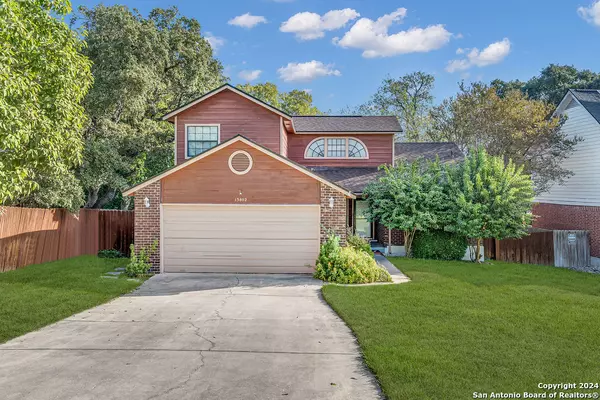How to Sell a Home in a Rural Area
Selling a home in a rural area can present unique challenges and opportunities that differ significantly from urban or suburban markets. Understanding the nuances of rural real estate can help both buyers and sellers navigate the process more smoothly. Here, we’ll explore key considerations for buyers, sellers, and the importance of highlighting the neighborhood when selling a rural property.
### Buyers
For buyers interested in rural properties, the allure often lies in the tranquility, privacy, and natural beauty these areas offer. However, buying a home in a rural area requires thorough research and due diligence. Potential buyers should consider factors such as:
1. **Accessibility**: Rural homes can be far from major highways, schools, and hospitals. Buyers should assess their daily commute and access to essential services.
2. **Utilities and Services**: Unlike urban areas, rural properties may not have access to municipal water or sewer services. Understanding the logistics of well water, septic systems, and internet connectivity is crucial.
3. **Land Use Restrictions**: Rural areas often have different zoning laws that can affect land use. Buyers should investigate any restrictions on agricultural activities, hunting, or building additional structures.
4. **Community Amenities**: While some rural communities boast tight-knit social networks and local events, others might be more isolated. Prospective buyers should consider their social needs and how they align with the community’s offerings.
### Sellers
Selling a home in a rural area involves highlighting its unique attributes while addressing potential concerns of prospective buyers. Here are some strategies for sellers:
1. **Highlight Unique Features**: Emphasize aspects that make your property special—be it expansive land, scenic views, or historical significance. High-quality photos and videos showcasing these features can be particularly effective.
2. **Market to the Right Audience**: Target marketing efforts towards those most likely to appreciate rural living—such as retirees looking for peace and quiet or young families desiring more space.
3. **Be Transparent About Utilities**: Clearly communicate details about water sources, septic systems, heating options (like propane or wood stoves), and internet availability. Transparency builds trust with potential buyers.
4. **Leverage Local Expertise**: Partner with a real estate agent who specializes in rural properties. Their expertise can help you set an appropriate price and navigate any legal complexities specific to rural transactions.
### Neighborhood
In rural real estate transactions, the concept of “neighborhood” extends beyond immediate neighbors to encompass the broader community and environment. When selling a rural home, it’s important to paint a vivid picture of what life is like in the area:
1. **Community Culture**: Describe local traditions, events, and community gatherings that foster a sense of belonging. Whether it’s annual fairs, farmers' markets, or volunteer fire departments—these elements add charm to rural living.
2. **Recreational Opportunities**: Highlight nearby outdoor activities such as hiking trails, fishing spots, hunting grounds, or horseback riding paths that might appeal to nature enthusiasts.
3. **Local Economy**: Provide information about local businesses and employment opportunities within reasonable commuting distance. Mention any notable farms, artisanal shops, or other enterprises contributing to the local economy.
4. **Safety and Schools**: For families with children, information about local schools’ quality and safety statistics can be significant selling points.
### Conclusion
Selling a home in a rural area requires understanding what makes these properties attractive while addressing potential concerns head-on. By focusing on unique features, targeting the right audience, being transparent about utilities and services, leveraging local expertise, and painting a comprehensive picture of the neighborhood's lifestyle—sellers can successfully attract buyers who will appreciate all that rural living has to offer.
Whether you’re buying or selling in a rural area, taking these factors into account will help ensure a smoother transaction process and ultimately lead to finding—or passing on—a beloved piece of countryside paradise.
Categories
Recent Posts










